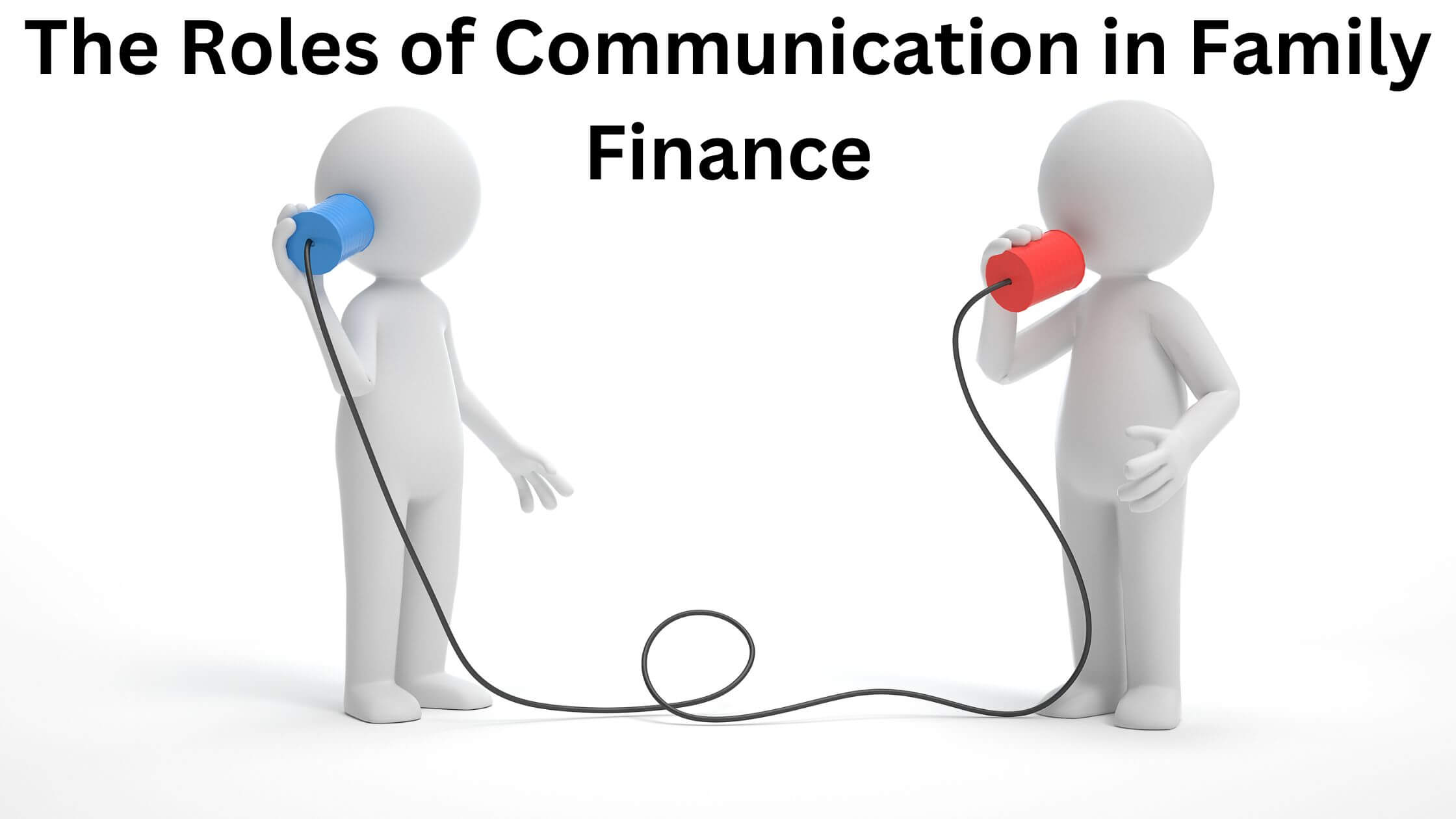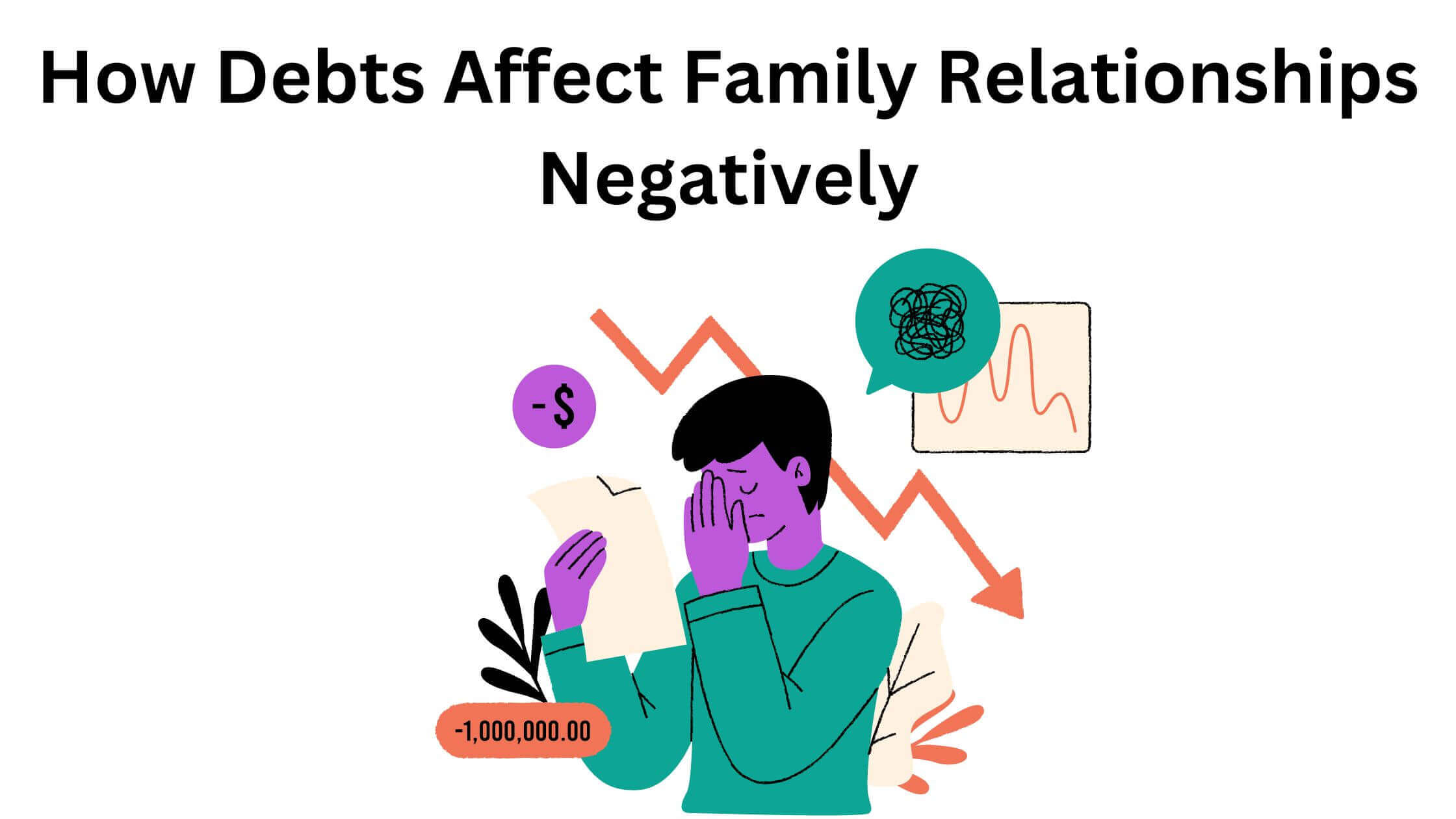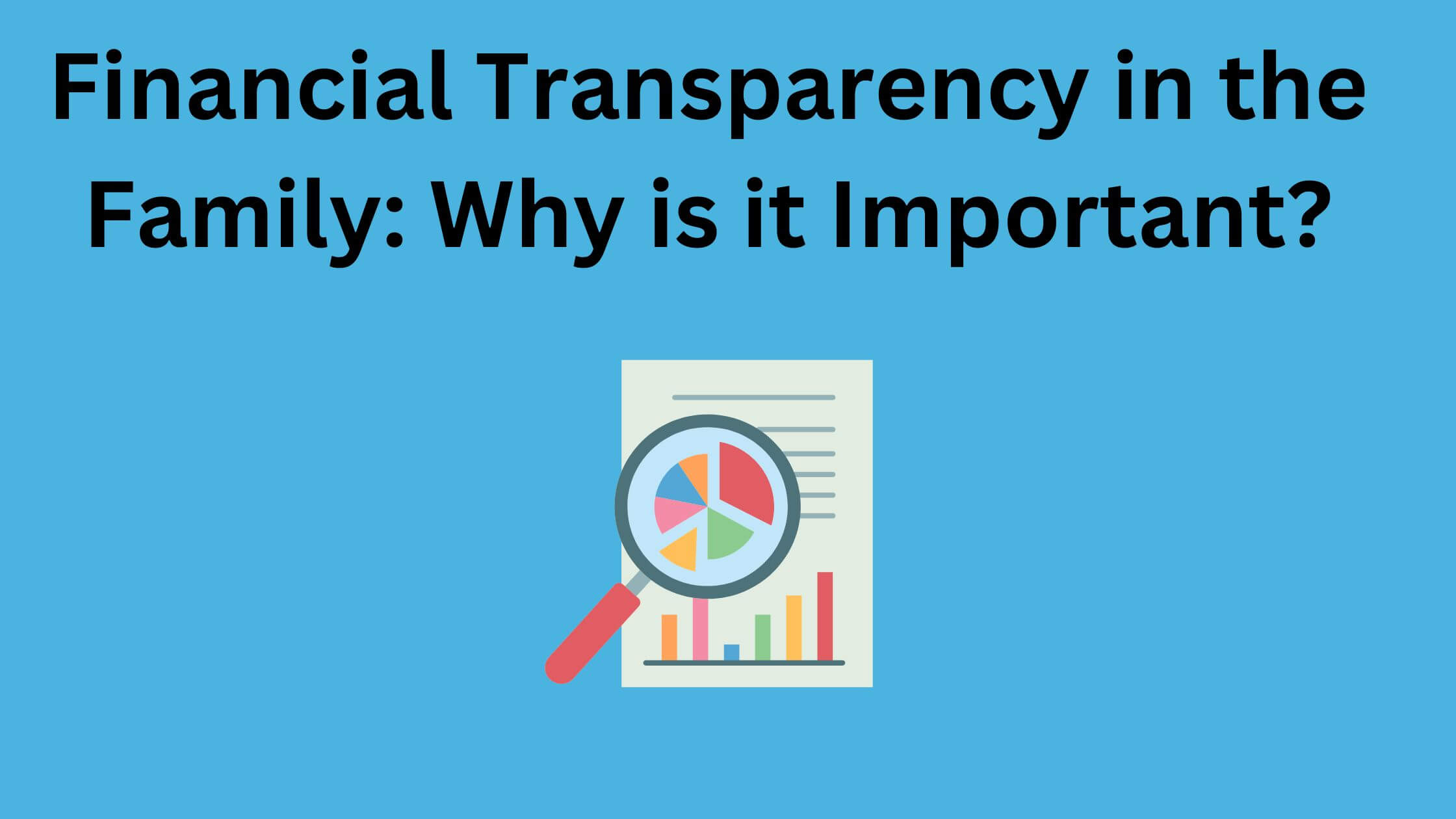As the saying goes, money can’t buy love. But does it matter in a partner? Many individuals may prioritize love over financial stability, but the truth is that money plays a significant role in any relationship.
In this article, we’ve explored ten reasons why money matters when choosing a marriage partner, from financial compatibility to lifestyle choices and long-term goals.
Not only can financial difficulties be a leading cause of significant relationship conflicts, but they can also impact family planning and child-rearing decisions.
Mismatched spending habits can cause arguments and misunderstandings, and financial disagreements can create a power imbalance in a relationship.
Ultimately, being financially compatible can lead to a more fulfilling and successful partnership. With the right mindset and communication, couples can learn to work together on their finances and create a stronger sense of security in their relationship.
Reasons Why Money Matters When Choosing a Marriage Partner
When choosing a marriage partner, it’s essential to consider their financial standing. Money matters more than we think in relationships. Here are ten reasons why:
1. Couples who are financially compatible are happier in their marriage
Research has shown that financial compatibility is a crucial component of a successful and happy marriage.
Couples who share similar values and habits around money are more likely to avoid conflicts and misunderstandings.
When both partners understand and respect each other’s financial behaviors, they can make joint decisions that align with their long-term goals, leading to a stronger sense of security in the relationship.
Furthermore, when both partners are responsible and committed to managing their finances, it can create a more balanced power dynamic and promote a more fulfilling and successful partnership overall.
Ultimately, finding financial compatibility in a partner is an important consideration when building a lasting and satisfying relationship.
2. Financial difficulties are the leading cause of significant relationship conflicts
It’s no secret that money problems can put a significant strain on a relationship, and financial difficulties are actually the leading cause of significant conflicts between partners.
Couples who are financially incompatible are at higher risk of experiencing financial disagreements that can escalate into major relationship issues.
These disagreements can stem from mismatched spending habits, differences in long-term financial goals, and disagreements over how money should be managed.
When couples are not on the same page financially, it can also create a power imbalance in the relationship and lead to feelings of resentment or mistrust.
However, when couples are financially compatible and have open communication about money, it can lead to a stronger sense of security and stability in the relationship.
So, it’s important to recognize the role that money plays in a partnership and work towards financial compatibility to avoid unnecessary conflicts.
3. Money can affect lifestyle choices and long-term goals
Money plays a significant role in influencing lifestyle choices and long-term goals in a relationship. Couples who share similar financial habits and goals can pursue their dreams together, without worrying about the financial hurdles that may come their way.
On the other hand, financial incompatibility can lead to resentment and frustration, creating unnecessary stress and tension in the relationship. It’s crucial for couples to have honest conversations about their financial goals, spending habits, and priorities.
Being on the same page financially can lead to a harmonious and fulfilling relationship, allowing both partners to live the life they desire while feeling secure in their financial decisions.
In short, understanding each other’s financial situation and shared goals is crucial for the longevity and happiness of any partnership.
4. Mismatched spending habits can cause arguments and misunderstandings
When it comes to financial compatibility, mismatched spending habits can become a significant source of conflict in a relationship.
As discussed in previous sections, financial disagreements can create power imbalances and affect long-term goals and family planning decisions.
However, these issues can often stem from differing spending habits. One partner may be a saver, while the other is a spender, leading to misunderstandings and arguments about priorities and goals.
Finding ways to communicate and compromise on spending habits can alleviate these issues and lead to a more fulfilling and successful partnership.
Couples who learn to manage their finances as a team are more likely to overcome these challenges and build a stronger bond in the process.
5. Money can impact family planning and child-rearing decisions
Money plays a critical role in family planning and child-rearing decisions for married couples. Disagreements about money can make it challenging for couples to make important decisions about having children, such as when to have them and how many to have.
The financial burden of raising children can also be a significant source of tension in a marriage, especially if one spouse feels like they’re contributing more than the other.
Additionally, financial limitations can impact the types of child-rearing decisions couples make, including whether or not to stay at home with children or invest in childcare.
However, financial stability can provide couples with greater flexibility and freedom to make decisions that align with their family goals, leading to a more fulfilling and successful partnership.
By being financially compatible and making sound money decisions, couples can set themselves up for a better future and create a happier family life.
6. Financial responsibility and stability can lead to a stronger sense of security in a relationship
In any relationship, financial responsibility and stability can play a crucial role in maintaining a sense of security.
When both partners are financially stable and responsible, they are better equipped to handle unexpected expenses, and the stress of financial struggles becomes much lower. This translates into a stronger sense of trust and confidence in the relationship, enough to weather difficult times together.
It’s important to note that financial responsibility is not just about earning high salaries, but also managing money efficiently and having a clear understanding of long-term financial goals.
In fact, studies have shown that couples who share similar financial values are more likely to have happier relationships.
By prioritizing financial responsibility, partners can build a strong foundation for their relationship and achieve long-lasting happiness.
7. Money management skills are a reflection of one’s overall responsibility and commitment to the relationship
Having good money management skills is not only important for a successful financial life, but it also demonstrates a person’s sense of responsibility and commitment to their relationships.
Couples who are financially responsible and manage money well are more likely to work together towards their goals, stay on the same page financially, and maintain a sense of trust in their relationship.
On the other hand, someone who is careless with their money or is constantly in debt may struggle to keep up their end of the bargain in a partnership, causing resentment and strain in the relationship.
Thus, in choosing a life partner, it is crucial to assess their financial habits and make sure that they align with your values and goals. By doing so, you can ensure a strong financial foundation for your future together.
8. Financial disagreements can create a power imbalance in a relationship
When it comes to relationships, money can often lead to disagreements and power imbalances. Mismatched spending and saving habits can cause misunderstandings and one partner may feel like they contribute more than the other.
This can lead to resentment and feelings of inadequacy. This can further cause divorce in a marriage.
However, couples who are financially compatible and work together to manage their finances are happier in their marriages.
It’s important for both partners to communicate and make joint decisions about their finances to ensure that both individuals feel like they have an equal say in the relationship.
Financial responsibility and stability can lead to a stronger sense of security in the relationship and ultimately, a more fulfilling and successful partnership.
9. Money can affect one’s ability to contribute equally to the relationship
Money can have a major impact on an individual’s ability to contribute equally to a relationship. If one partner is financially burdened, their ability to contribute to household expenses and other shared costs may be limited.
This can lead to feelings of guilt, stress, and resentment, and can place a strain on the relationship.
On the other hand, if one partner is financially well-off, they may have the ability to provide more for the relationship, leading to a power imbalance.
In order to have a balanced and healthy relationship, it’s important for both partners to have a similar financial footing and to work together to allocate resources and expenses fairly.
Couples who prioritize financial compatibility have a greater chance of achieving a fulfilling and successful partnership.
10. Financial compatibility can lead to a more fulfilling and successful partnership.
When it comes to finding a life partner, it’s important to consider financial compatibility. As discussed in previous sections, money decisions can greatly impact the health of a relationship.
However, financial compatibility can lead to a more fulfilling and successful partnership. Couples who are on the same page about money tend to be happier in their marriage and experience fewer conflicts.
A strong financial foundation can also provide a sense of security and stability in the relationship. By understanding and respecting each other’s values and habits in regard to money, couples can form a solid financial relationship.
It’s important to have open and frequent conversations about money to ensure that both partners feel heard and that decisions are made together.
Financial compatibility is not the only factor in a successful partnership, but it is an important one that should not be overlooked.
Reasons Why Money May Not Matter in a Partner
Money may be important in many aspects of life, but it’s not the most important thing when it comes to choosing a partner. Here are ten situations where money should not matter in choosing a partner:
1. Shared values
If you both share the same values, beliefs, and goals in life, then money should not be a determining factor in choosing a partner.
2. Compatibility
The compatibility between two people is crucial in a relationship. If you both get along well and enjoy each other’s company, then money should not be a problem.
3. Love and affection
Love and affection are the pillars of a long-lasting relationship. If you both love and care for each other, then money should not be a significant issue.
4. Mutual respect
Respect for each other’s opinions, decisions, and beliefs is essential in a relationship. If you both have mutual respect for each other, then money should not be a barrier.
5. Sense of humor
A sense of humor helps to reduce stress and promote happiness in a relationship. If you both have a good sense of humor, then money should not be a big deal.
6. Physical attraction
Physical attraction is not the most important aspect of a relationship, but it’s important to both partners. If you both find each other attractive, then money should not be an issue.
7. Emotional support
Emotional support is necessary for a healthy relationship. If you both provide each other with emotional support, then money should not be a problem.
8. Trust
Trust is vital in a relationship. If you both trust each other, then money should not affect your decision to choose a partner.
9. Communication
Communication is essential in a relationship. If you both communicate well with each other, then money should not be a concern.
10. Shared interests
If you both have shared interests and hobbies, then money should not matter. You can enjoy each other’s company without spending a lot of money.
Money is not everything in a relationship. While it is essential to have enough money to live comfortably, it should not be the deciding factor in choosing a partner.
There are many more factors to consider when choosing a partner, and these ten situations show that money should not be the most critical factor in a relationship.
Conclusion
In conclusion, it is evident that money matters in relationships. From impacting lifestyle choices to creating power imbalances and causing arguments, money can have a significant effect on a partnership.
Research indicates that couples who pool their finances tend to stay together longer, and financial compatibility leads to happier marriages.
However, it is essential to remember that while money is important, it should not be the main objective of a relationship.
Respect for each other’s financial goals and priorities is crucial, and financial success usually comes as a result of a partnership that works from love. Ultimately, finding a balance between love and money can lead to a more fulfilling and successful partnership.
By communicating effectively, compromising, and managing finances responsibly, couples can navigate financial challenges and create a lasting and loving relationship.
















